
Covid-19: why the emerging public debt crisis needs urgent engagement by parliamentarians
As parliaments around the world adjust to working remotely during the Covid-19 pandemic, Franklin De Vrieze argues that it is vital that they not only scrutinise governments’ public health policies, but also have a role in overseeing the ensuing new public debt, particularly in developing countries.

Labour Party leadership: can Keir Starmer really maintain party unity?
Keir Starmer convincingly won the leadership of the Labour Party, gaining strong support in the parliamentary Labour Party, unions and the membership. However, as the controversy over a leaked report into internal party disciplinary procedures shows, unity is not a given. Max Kiefel compares the challenges Starmer faces to the circumstances of his two predecessors as party leader, and argues that it is not enough to create party unity, he must also lead the party to respond effectively to the Covid-19 crisis.

The territorial politics of coronavirus: is this the hour of central government?
In times of crisis, central governments have often increased their power. Comparing the territorial arrangements of countries facing the first wave of the Covid-19 pandemic, Davide Vampa argues that centralising power would be misguided, and instead we should look to examples of successful coordination within multi-level forms of governance.
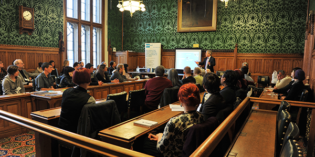
Book Review | Dramas at Westminster: Select Committees and the Quest for Accountability by Marc Geddes
In Dramas at Westminster: Select Committees and the Quest for Accountability, Marc Geddes aims to open up everyday life along the committee corridors of the Palace of Westminster to examine how the UK Parliament performs the role of scrutiny. The book tells us a great deal about the public and hidden power of select committees at a time when scrutiny is more vital than it has ever been, writes Ben Worthy.

The fight against coronavirus ‘fake news’ should begin with our political leaders, not just online trolls
Disinformation and fake news stories have proliferated since the start of the Covid-19 pandemic. Paul Reilly discusses their spread and effects and argues that, while this is concerning, misinformation from official government sources is far more damaging to public trust – and therefore to public health as well.
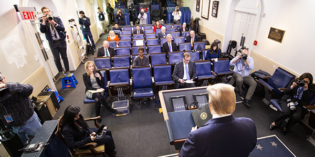
Trump’s fight over Covid-19 numbers shows how the hollowing out of expertise can be dangerous for democracy
As in any emergency or disaster, institutional agreement over the statistics of the Covid-19 pandemic is incredibly important. During the crisis, President Trump has questioned federally requested research around the spread of the pandemic and the amount of equipment needed to tackle it. Philip Rocco writes on how Trump’s efforts to undermine a common understanding of the numbers around the crisis can be a threat to democracy itself.
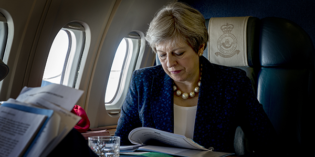
The art of political survival: three lessons from Theresa May
Ben Worthy and Mark Bennister reflect on Theresa May’s short premiership and argue that, though her personal power did diminish after the 2017 general election, in this latter phase she retained more power of political office than often assumed.

Online voting can work, but only if we design systems that voters can have confidence in
Could online voting be used to ensure elections continue during the Covid-19 pandemic? Areeq Chowdhury sets out some key principles of accessibility, security and user experience which should form the basis of any internet voting system if it is to elicit public confidence.
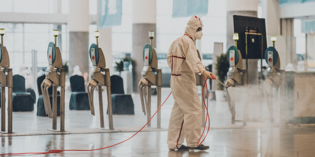
Elections and Covid-19: making democracy work in uncertain times
Erik Asplund and Toby James discuss the dilemmas countries around the globe face about holding or postponing elections during the pandemic, and set out some guidelines to follow in ensuring democratic participation remains fair and open during the crisis.



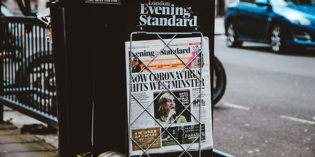

 Democratic Audit's core funding is provided by the Joseph Rowntree Charitable Trust. Additional funding is provided by the London School of Economics.
Democratic Audit's core funding is provided by the Joseph Rowntree Charitable Trust. Additional funding is provided by the London School of Economics.